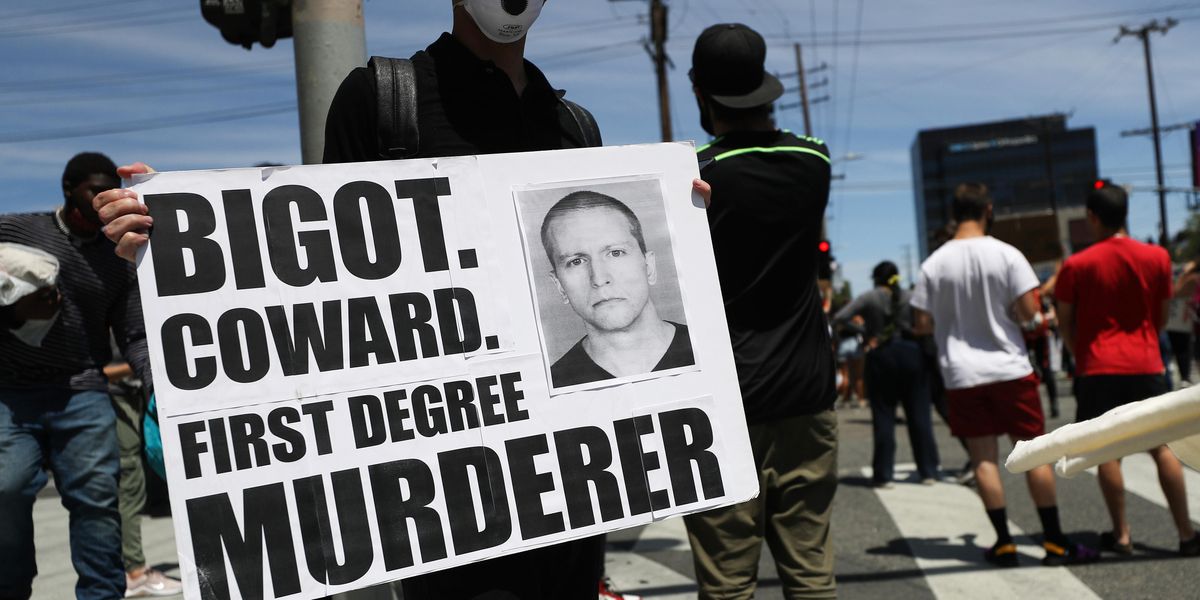
Former Minneapolis police officer Derek Chauvin has been sentenced to over 20 more years in prison.
Seven months after pleading guilty to two counts of violating George Floyd's civil rights, Chauvin has now been given 21 years in federal prison. He will serve this term concurrently with his current 22½-year sentence for murder, which will also be followed by 5 additional years of supervised release. However, Chauvin will also receive credit for time already served, meaning this second sentence will be an additional 20 years and five months.
According to the New York Times, the first charge stems from Chauvin kneeling on Floyd's neck while the latter was already in handcuffs. The second involves the ex-officer depriving Floyd of medical care. His plea agreement also encompasses another civil rights violation related to the 2017 arrest of a 14-year-old boy, during which Chauvin hit his head with a flashlight and knelt on his neck and upper back for 17 minutes while the boy was handcuffed and subdued. Both Floyd and the 14-year-old boy were Black, while Chauvin is white.
Ahead of the sentencing, Floyd's brother Philonese asked the court to give Chauvin the maximum possible sentence, as his family was given their very own "life sentence" before adding "George's life matters." Meanwhile, U.S. District Judge Paul Magnuson dubbed Chauvin's actions "offensive" and "unconscionable," saying that he did not understand his motivations.
"But to put your knee on another person’s neck until they expire is simply wrong and for that conduct you must be substantially punished," Magnuson said.
Back in April 2021, Chauvin was found guilty of second- and third-degree murder in addition to second-degree manslaughter after murdering Floyd by kneeling on his neck for 9½ minutes in May 2020. The altercation that led to Floyd's death was filmed by bystanders, with the footage sparking nationwide protests calling for racial justice and police accountability in the use of undue force against Black people.
Read the New York Times' full report here.
Photo via Getty / Mario Tama